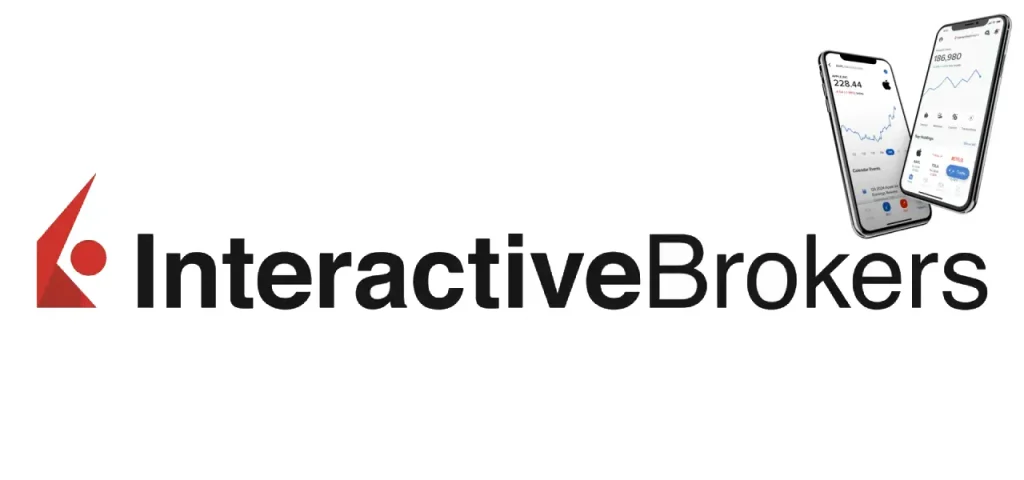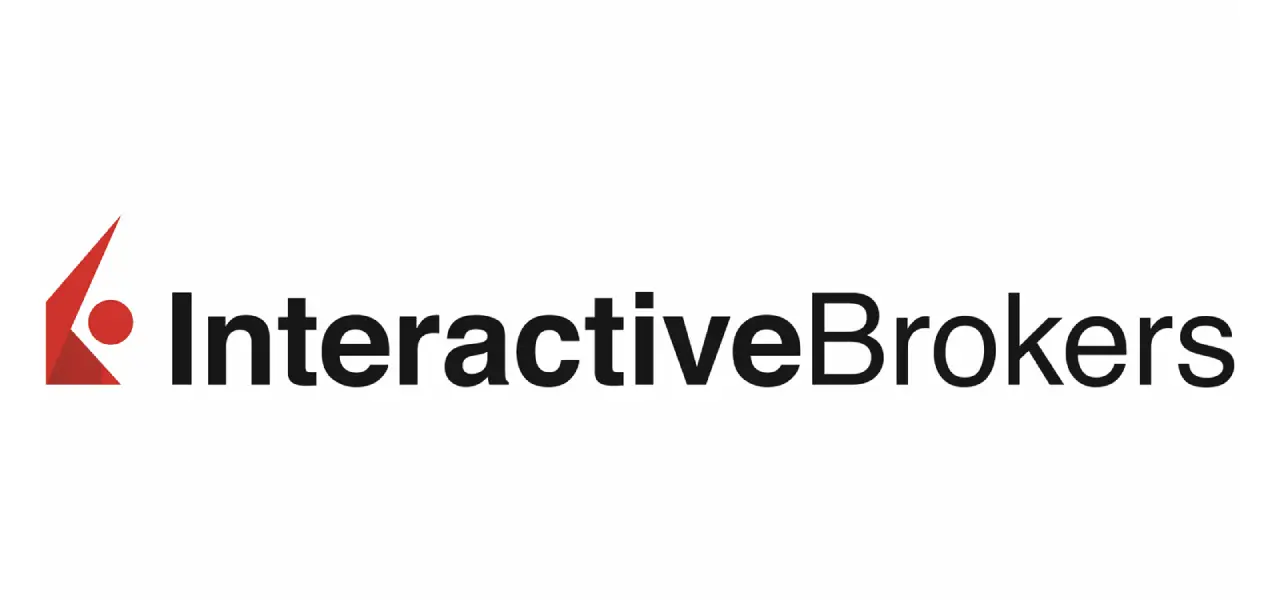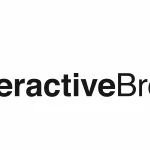
Interactive Brokers – Broker Profile
Founding and Corporate Structure
Interactive Brokers was founded in 1978 by Thomas Peterffy, who is often credited with pioneering computer-assisted trading in financial markets. The company began as T.P. & Co, a market-making firm on the AMEX floor, evolving steadily into one of the world’s largest electronic brokerage firms. Now operating as Interactive Brokers LLC, the company is headquartered in Greenwich, Connecticut, and maintains a robust international footprint with offices across North America, Europe, and Asia. Interactive Brokers Group is a publicly traded company (NASDAQ: IBKR), which provides a level of transparency uncommon among major brokers. The executive leadership remains closely linked to the founder, and the firm’s structure emphasizes technology-driven efficiency and low operational overhead.
Regulatory Status
Interactive Brokers operates under a strict regulatory framework in each jurisdiction where it is active. In the United States, the broker is registered with the Securities and Exchange Commission (SEC) and is a member of the Financial Industry Regulatory Authority (FINRA) and the Securities Investor Protection Corporation (SIPC). Globally, its subsidiaries are regulated by leading authorities, including the UK’s Financial Conduct Authority (FCA), the Hong Kong Securities and Futures Commission (SFC), and the Australian Securities and Investments Commission (ASIC). This multi-jurisdictional regulation enhances client trust but also introduces complex compliance obligations, particularly around cross-border trading and data privacy.
Platform Features and Technology
The company’s flagship platform, Trader Workstation (TWS), is engineered for advanced users, offering powerful trading tools, real-time risk management, and access to global markets. The platform’s interface is highly customizable, but its depth can be overwhelming for novice investors. In addition to TWS, Interactive Brokers provides a streamlined web trading interface and robust mobile applications. Notably, the firm offers extensive API access for algorithmic trading and integration with third-party software, underscoring its appeal to sophisticated traders, proprietary trading firms, and quantitative analysts. Latency is kept to a minimum, and server uptime is generally exemplary, although occasional rollouts of new features have been met with user complaints about transitional bugs.
Asset Classes Supported
| Asset Type | Details |
|---|---|
| Stocks & ETFs | Global equities on over 150 exchanges, including NYSE, NASDAQ, LSE, HKEX, and others. |
| Options | Equity, index, and futures options are supported across U.S., European, and Asian markets. |
| Futures | Broad futures coverage including commodities, interest rates, and index futures. |
| Forex | Direct access to interbank forex markets with tight spreads and deep liquidity. |
| Bonds | Corporate, government, and municipal bonds available globally. |
| Mutual Funds | Access to thousands of funds, including no-load and low-fee options. |
| Crypto | Selected cryptocurrencies via third-party integrations (varies by jurisdiction). |
| Others | Structured products, warrants, and metals offered in specific markets. |
Fee Structure
Interactive Brokers is widely regarded for its transparent, low-cost commission model. Stock and ETF trades are available on a tiered or fixed pricing structure, with U.S. trades starting at $0 for IBKR Lite clients and as low as $0.0005 per share for IBKR Pro accounts, subject to monthly minimums and volume discounts. Options and futures trading incur per-contract fees, and forex spreads are among the tightest available to retail traders. The firm’s margin rates are consistently among the lowest in the industry. However, less active clients may face inactivity fees, and the broad array of potential surcharges for market data, platform access, and international transfers can complicate the true cost picture. There are no hidden custody or withdrawal fees, but clients must read the fee schedule carefully to avoid surprises.
Order Types and Execution
Execution quality at Interactive Brokers is generally regarded as top-tier, with direct market access across dozens of exchanges and electronic communication networks (ECNs). The platform supports an exceptionally wide range of order types, from basic market and limit orders to complex algorithmic and conditional instructions. Advanced features include bracket orders, trailing stops, iceberg orders, and smart routing algorithms designed to optimize price improvement and fill speed. The firm provides real-time execution analytics, enabling users to audit their own trading results. Some retail clients may find the array of options excessive, but for professionals, this breadth offers a major advantage.
Margin and Leverage
Interactive Brokers is a leader in margin lending, offering some of the lowest rates in the industry and high leverage ratios for qualified clients. U.S. margin accounts can access leverage up to 4:1 intraday and 2:1 overnight on equities, subject to regulatory requirements. Portfolio margining is available, enabling additional leverage for accounts meeting specific risk parameters. International clients may encounter stricter limits due to regional regulations. The company provides robust risk controls, including real-time margin monitoring, automated liquidation protocols, and detailed reporting, but leverage is ultimately a double-edged sword. The platform makes it clear that clients are responsible for understanding the risks inherent in using borrowed capital.
Research and Education
The research and educational resources at Interactive Brokers are vast but highly utilitarian. Clients have access to third-party research from providers such as Morningstar, Zacks, and Refinitiv, along with streaming news, analyst ratings, and economic calendars. The IBKR Campus portal houses a large library of webinars, tutorials, and articles aimed at users ranging from beginner to advanced, though the presentation leans more toward practical application than visual flair. While these resources are valuable, some competitors offer a more curated, user-friendly educational experience. For clients willing to navigate the extensive options, the depth and diversity of content are a clear strength.
Account Types and Services
| Account Type | Description |
|---|---|
| Individual | Standard self-directed trading account for individuals. |
| Joint | Accounts held jointly by two or more individuals. |
| IRA/Retirement | Various U.S. retirement account types (Traditional, Roth, SEP, etc.). |
| Trust & Estate | Accounts designed for trusts, estates, and similar entities. |
| Corporate & Institutional | Advanced services for business entities, hedge funds, advisors, and proprietary trading firms. |
| International | Accounts for residents of over 200 countries, subject to local regulation. |
| Other Services | Cash management, fractional shares, fully paid securities lending, and more. |
Security and Trust
Security protocols at Interactive Brokers are comprehensive. All client accounts are protected by industry-standard encryption, two-factor authentication (2FA), and biometric login for mobile devices. The company segregates client funds and is a member of SIPC, providing limited protection against broker insolvency. Additional insurance policies are in place to safeguard higher account balances. The firm’s long-standing reputation, transparent financials as a public company, and consistent regulatory compliance have contributed to a strong perception of trustworthiness. Security breaches are exceedingly rare, and the firm is proactive in communicating policy changes and emerging risks.
Customer Service
Customer service at Interactive Brokers has improved markedly in recent years, though it remains a point of contention among some clients. Support channels include phone, email, and live chat, available during extended market hours. While wait times have decreased and agent expertise is generally high, the focus on self-service solutions remains evident. The firm’s Help Center is extensive, but navigating it can be daunting for those unfamiliar with brokerage terminology. International clients benefit from multilingual support, though satisfaction levels vary by region. Escalated issues are typically resolved, but the initial triage process can feel impersonal compared to smaller, boutique brokers.
Community and Public Sentiment
Among professional traders and institutional clients, Interactive Brokers enjoys a strong reputation for reliability, low costs, and global reach. It is frequently cited in independent surveys and industry awards for best execution, technology, and breadth of assets. However, reviews from retail investors are more mixed: the platform’s learning curve and “no-frills” user experience are common complaints, particularly among newer traders. The firm’s responsiveness to community feedback has improved, but the brand still projects an engineering-first culture that prizes efficiency over handholding. Online forums, financial media, and social sentiment reflect a consensus that IBKR is an industry leader for serious, self-directed investors, but not necessarily the best fit for those seeking a more guided or “gamified” trading experience.
Source Table
| Source | Type | Access Date | URL |
|---|---|---|---|
| Interactive Brokers Group Inc. – Corporate Website | Official Site | 2025-05-25 | https://www.interactivebrokers.com/ |
| SEC Edgar Filings – Interactive Brokers | Regulatory | 2025-05-25 | https://www.sec.gov/edgar/browse/?CIK=1381197 |
| FINRA BrokerCheck – Interactive Brokers | Regulatory | 2025-05-25 | https://brokercheck.finra.org/firm/summary/36418 |
| IBKR Pricing – Fee Schedule | Official Fee Disclosure | 2025-05-25 | https://www.interactivebrokers.com/en/index.php?f=1590 |
| Trustpilot – Interactive Brokers Reviews | Public Sentiment | 2025-05-25 | https://www.trustpilot.com/review/interactivebrokers.com |
| Financial Times – Interactive Brokers Profile | Media Profile | 2025-05-25 | https://markets.ft.com/data/equities/tearsheet/profile?s=IBKR:NSQ |







